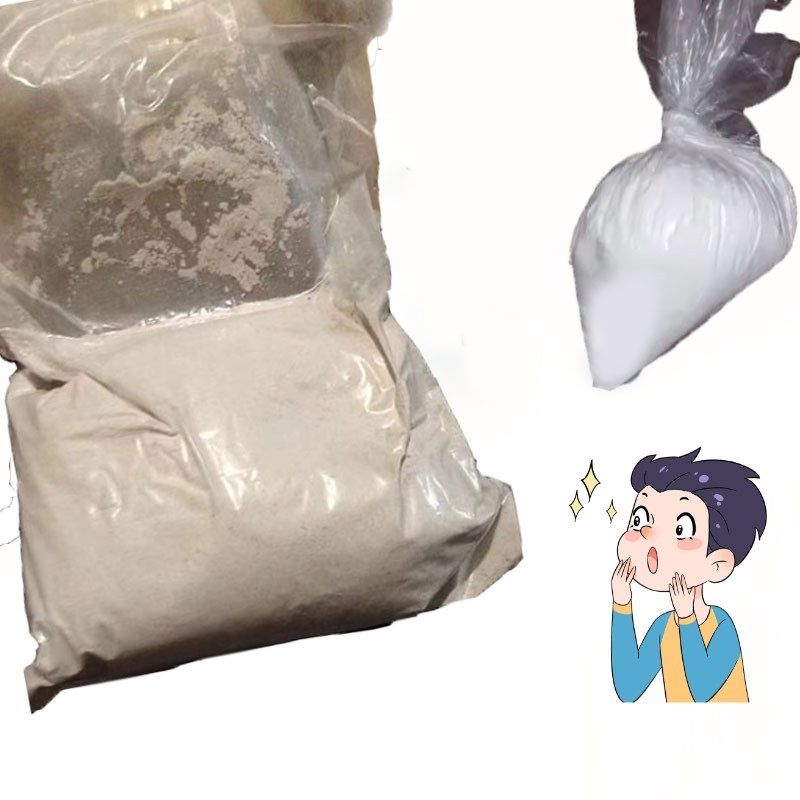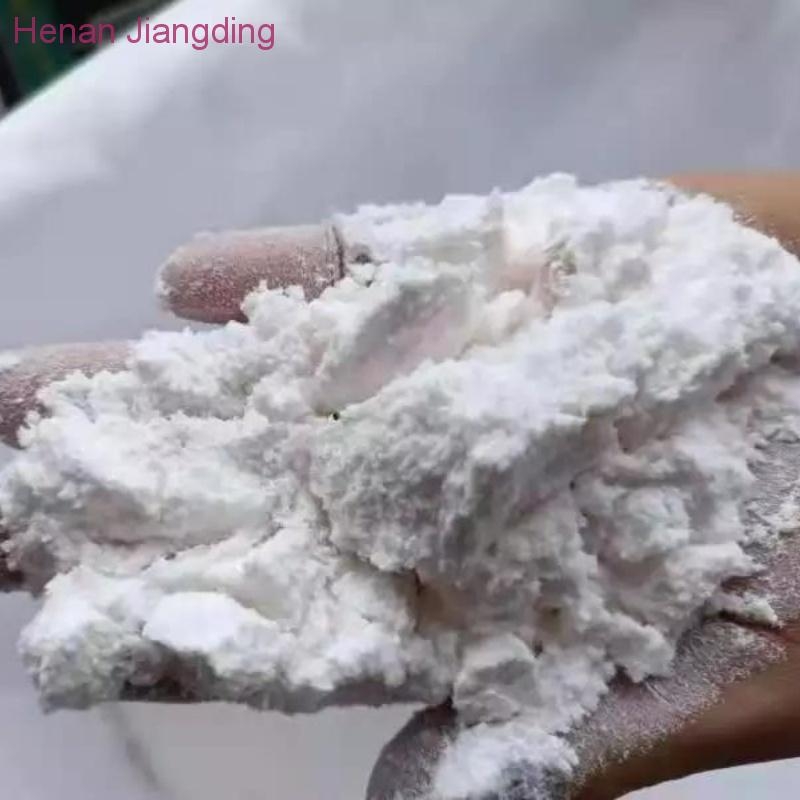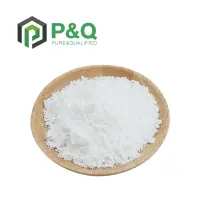-
Categories
-
Pharmaceutical Intermediates
-
Active Pharmaceutical Ingredients
-
Food Additives
- Industrial Coatings
- Agrochemicals
- Dyes and Pigments
- Surfactant
- Flavors and Fragrances
- Chemical Reagents
- Catalyst and Auxiliary
- Natural Products
- Inorganic Chemistry
-
Organic Chemistry
-
Biochemical Engineering
- Analytical Chemistry
- Cosmetic Ingredient
-
Pharmaceutical Intermediates
Promotion
ECHEMI Mall
Wholesale
Weekly Price
Exhibition
News
-
Trade Service
August 5, 2020 /--- In a new study, researchers from Rosalind Franklin Medical University in the United States delineated a new way to treat a rare but deadly childhood neurodegenerative genetic disease: Batten disease.
study addressed the urgent need to find a cure for Baytown disease.
results were published online July 27, 2020 in the journal Nature Medicine under the title "Therapeutic efficacy of antisense oligonucleotides in mouse models of CLN3 Batten disease".
, author of the paper, is Professor Michelle Hastings, director of the Center for Genetic Diseases at Rosalind Franklin Medical University.
is a deadly neurodegenerative disease that affects four out of every 100,000 children in the United States.
there is no cure for the disease and there are few treatment options.
photo from Nature Medicine, 2020, doi:10.1038/s41591-020-0986-1.
this study confirms that the symptoms of rodent models of the disease can be alleviated by using antisant oligonucleotides (ASOs) specifically combined with damaged CLN3 gene products in CLN3 Bayton disease.
the researchers also demonstrated that in-body cultures from cells in patients with the disease respond to this treatment, indicating a reversal of cell defects.
rodents receive this ASO treatment, they live longer, their motor skills improve, and their brain waste builds up less," says Hastings.
surprising evidence that partially correcting the defective CLN3 gene can lead to meaningful improvements in symptoms in animal models of the disease. "Our study tested a new approach: treating the expression of this disease-caused gene therapeutically using ASO, the mutant form that binds to the gene," said Jessica Centa, lead author of the
paper and a graduate student at Rosalind Franklin Medical University.
these results are a critical step towards our long-term goal of developing a treatment for CLN3 Baytown disease.
the past few years, the U.S. Food and Drug Administration (FDA) has approved treatments based on ASO for genetic diseases, including spinal muscular dystrophy, another neurodegenerative disease in children.
estimates that there are more than 7,000 genetic diseases, and that most of them have little or no effective treatment.
ASO technology provides a potential therapeutic answer to this question.
, "We still have work to do before this treatment is ready to be tested in humans, but animal studies have shown that our approach may provide effective treatment for patients."
" Hastings recently received a $2.3 million grant from the National Institute of Neurology and Stroke to advance the team's efforts to correct incorrect gene expression associated with CLN3 Bayton disease using antisant oligonucleotide technology.
ASO is a potential platform for treating a large number of genetic diseases.
(bioon.com) Reference: 1. Jessica L. Centa et al. Therapeutic efficacy of antisense oligonucleotides in mouse models of CLN3 Batten disease. Nature Medicine, 2020, doi:10.1038/s41591-020-0986-1.2.Rosalind Franklin University Researcher Awarded NIH grant for CLN3 Batten disease study.







